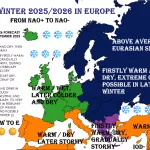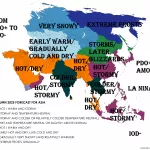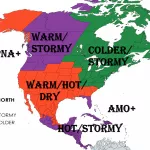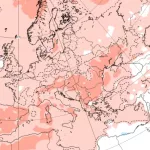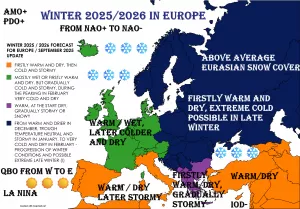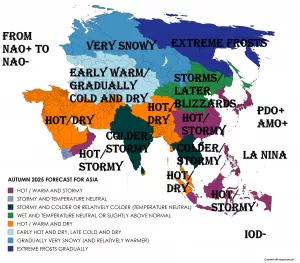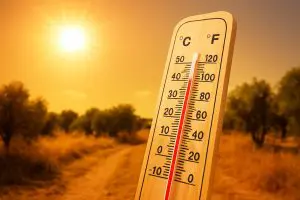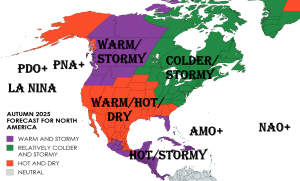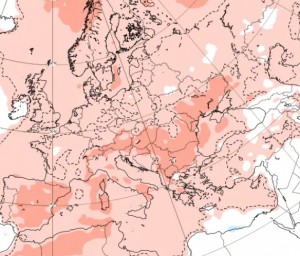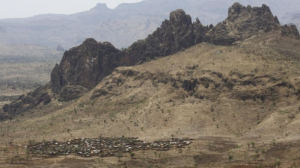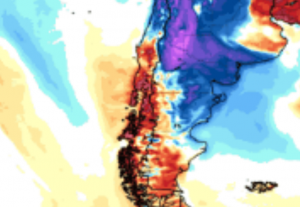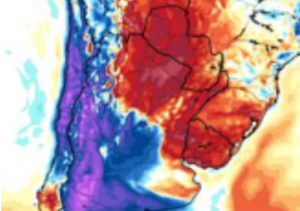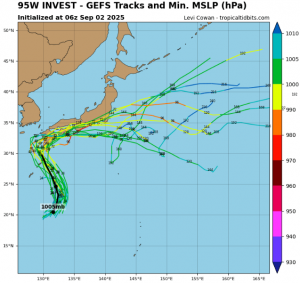
The Gulf of Guinea region, encompassing Ghana and its neighboring countries, is experiencing an unprecedented and persistent heatwave in early June 2025. This prolonged spell of intense heat is shattering temperature records across the tropics, with particular emphasis on nighttime minimum temperatures that are soaring to new highs.
Several locations have recorded their highest-ever minimum temperatures, signaling not just daytime heat but also oppressive warmth during the night. For example, Yendi in Ghana documented a minimum temperature of 27.5°C, marking one of the hottest nights ever recorded in the area. Similarly, Natitingou in Benin, situated at an elevation of 465 meters above sea level, recorded a record-high minimum temperature of 25.7°C — a benchmark reached twice in recent days. These elevated nighttime temperatures are particularly concerning because they offer little relief to residents, compounding the risks of heat stress and health impacts.
The scale of this heatwave is massive, as nearly the entire tropical belt surrounding the Gulf of Guinea is witnessing record-breaking temperatures. This relentless warmth not only impacts human health and comfort but also places strain on local ecosystems, agriculture, and water resources. The lack of cooler nights reduces the ability of people and animals to recover from daytime heat, amplifying the cumulative stress.
Meteorologists note that such extensive heat anomalies in the tropics are rare and signify shifting climate patterns that could become more frequent with global warming. The persistence of these record-breaking minimum temperatures underscores the urgency of monitoring and adapting to the evolving climate conditions in tropical Africa.

Illustration picture: https://www.afa-afa.org/travel/visit-ghana

